Draskovic's movies, plays and books, have been awarded many times in his own country and abroad. Among others, he won the awards of the cities of Belgrade, Sarajevo, Mostar and Novi Sad; the Grand Prix of the City of Orléans; Unicrit Berlin; the Award of the movie spectators, Moscow; Special award for directing, the Great Silver Arena, Pula; the Gold Hugo (for screenplay), the Silver Hugo (for the movie), Chicago; the Award for the screenplay, the Yugoslav screenplay festival, Vrnjacka Banja; Steria's Prize for theatrology; the Award by audience: St. Lewis, Valencia, São Paulo, Sopot; Grand award, World Fest, Charleston; the Silver Dolphin, Troy; the Award for the exceptional directing "Saint Ardalion"; Joakim's Award for the best directing; Best of Fest award, Minneapolis; „Schermi d'Amore" for the best artistic contribution, Verona; the Award or TEA for exclusive director's poetics; the Mediterranean film festival award for peace and tolerance, Jerusalem. He was rewarded the Charter of the National Theater for exceptional merits and contribution to the history of the National Theater, as the sign of appreciation and gratitude. For the movie Life is Beautiful he was presented the Gold Gladiator, the Grand Prix of Yugoslav Film Academy for the biggest aesthetic achievement in the film art. Draskovic won the Plaque of the Yugoslav film library for the exceptional contribution to the Serbian movie, the University award for the lifetime achievement, the awards of the Serbian film artists association for entire artistic creation and contribution to the Serbian cinematography and the Statuette of Joakim Vujic for the exceptional contribution to the development of art of theater in Serbia.
|
Boro Drašković graduated from Belgrade's Academy of Theater, Film, Radio, and Television in 1959. Drašković entered the film industry as an assistant to Polish director Andrzej Wajda in 1962. Four years later, he assisted Jerzy Kawalerowicz. Drašković sold his first screenplay in 1964. In 1969, he made his first fictional feature film, Horoscope, and subsequently made three more features, all of which he co-scripted. In addition, Drašković has made documentaries and worked on television and radio; he has also written several books on cinema and theater. In theater, he explained the most important works in a wide arc from Aeschylus to Beckett, along with Shakespeare, Molière, Chekhov, and Serbia's own classic Domanović, Petar Kočić, Danilo Kiš. He has directed several TV movies and TV documentaries: Tobacco Road, Kitchen, Belgrade Children, Maria and Interview with Laxness. He is the author of several books on acting and directing: Change, Labyrinth, Mirror, The Paradox of the Director and The Monkey King.
Draskovic's movies, plays and books, have been awarded many times in his own country and abroad. Among others, he won the awards of the cities of Belgrade, Sarajevo, Mostar and Novi Sad; the Grand Prix of the City of Orléans; Unicrit Berlin; the Award of the movie spectators, Moscow; Special award for directing, the Great Silver Arena, Pula; the Gold Hugo (for screenplay), the Silver Hugo (for the movie), Chicago; the Award for the screenplay, the Yugoslav screenplay festival, Vrnjacka Banja; Steria's Prize for theatrology; the Award by audience: St. Lewis, Valencia, São Paulo, Sopot; Grand award, World Fest, Charleston; the Silver Dolphin, Troy; the Award for the exceptional directing "Saint Ardalion"; Joakim's Award for the best directing; Best of Fest award, Minneapolis; „Schermi d'Amore" for the best artistic contribution, Verona; the Award or TEA for exclusive director's poetics; the Mediterranean film festival award for peace and tolerance, Jerusalem. He was rewarded the Charter of the National Theater for exceptional merits and contribution to the history of the National Theater, as the sign of appreciation and gratitude. For the movie Life is Beautiful he was presented the Gold Gladiator, the Grand Prix of Yugoslav Film Academy for the biggest aesthetic achievement in the film art. Draskovic won the Plaque of the Yugoslav film library for the exceptional contribution to the Serbian movie, the University award for the lifetime achievement, the awards of the Serbian film artists association for entire artistic creation and contribution to the Serbian cinematography and the Statuette of Joakim Vujic for the exceptional contribution to the development of art of theater in Serbia.
0 Comments
Drama actress Milena Zupančič was born on December 18, 1946 in Jesenice. Between 1965 and 1969 she studied at the AGRFT in Ljubljana. The actress herself emphasizes in her talks that she learned something valuable from the professor for drama play, Vide Juvan at the Academy: "You must never admit that you do not know something or can't."
Immediately after studying she was employed in Ljubljana City Theater. She was a member of this theater for ten years (1969-79), then she started working in the Ljubljana Drama, where she returned after a short period of creative work at the Slovene Youth Theater (1985-1988) and remained as a member of the ensemble until retirement. She performed in numerous roles in the various theater, film and television productions, and also in many radio-dramas. She has created many character and supporting roles of emotionally complex women. In very different roles, she presents the same suggestive image from classical and contemporary drama. She was rewarded at the Academy in 1970, with the Student Prešeren Prize for Claire's role in Genet's Maids. In the same year she received Borštnik's prize for the role of Caetana in Hieng's Conqueror (performed by the City Theater of Ljubljana), which received the Sterija Award in the following year. A number of awards followed, at theater and film festivals, in the former Yugoslavia. In the explanation of the Borštnikov ring award in 1999, Jernej Novak wrote that "Milena Zupančič is a born actress: she is open, perceptive, able to feel the contradictions of life within her, understand them and giving them the image of simultaneous struggle." Vasja Predan, in the actress's portrait, adds that her role "is always an imaginary, mature fetus and a very happy combination of talent, knowledge, extraordinary intuitive sensibility, intelligent understanding and experiential omnipotence: especially with an incredible feeling of tragicomic duality of split, often on the edge the grotesque and the tragedy of the stumbling or shaking modern women." In 1993 she received the Prešeren Prize for Lifetime Achievement where she was described as an actress of a stunning acting range, which interprets the diversity of the roles "by performing a masterly parsing of the role, by practically playing contradictory psychological states, with picturesque dialogue amplitudes, with precisely measured use of movements, and brilliant voice interpretation ". Her acting opus in the Slovene and Yugoslav films is by no means negligible. She created a characters that are indelibly recorded in the memory of many spectators: Meto in the film Flowers in the Autumn (1973) by Matjaž Klopčič; under his directorial direction, she also played student in the film Oxygen (1970), and then became Klopčič's long-time muse, and consequently stared in his movies Dediščina, The Search, My Dad, the Socialist Kulak and The Widowhood of Karolina Žašler. Among many feature films, she also starred as Tončka in the film Idealist by Igor Pretnar, and Lenka in Christophoros by Andrej Mlakar. Jacques Perrin was born in Paris. His father, Alexandre Simonet, was a theater director and his mother, Marie Perrin, was also an actress. He is the nephew of the actor Antoine Balpêtré. Perrin was trained as an actor at the Conservatoire National Supérieur d'Art Dramatique.
He gave over 400 performances of L'Année du bac, by José-André Lacour, on the Parisian stage (starting in 1958). He was given his first juvenile film roles by Italian director Valerio Zurlini. He appeared alongside Claudia Cardinale in the romantic comedy La Ragazza con la valigia and Marcello Mastroianni in Family Diary. He then played several roles in films of Henri-Georges Clouzot (The Truth in 1960) or Mauro Bolognini (Corruption in 1963) and leading roles in four films by Pierre Schoendoerffer : La 317e Section (1965), Le Crabe-tambour (1977), A Captain's Honor (1982) and Là-haut, un roi au dessus des nuages (2004). He played in two musical movies by Jacques Demy : The Young Girls of Rochefort (1967) and Donkey Skin (1970), both with Catherine Deneuve. He also was the adult Salvatore in the international success Cinema Paradiso. In 1966, he won two Best Actor awards at the Venice Film Festival, for the Italian film Almost a Man and the Spanish film The Search. At 27, he created a film production company and produced and acted in Z, directed by Costa-Gavras and starring Jean-Louis Trintignant, Yves Montand, and Irene Papas. Z received the Best Foreign Film Oscar in 1969. He produced Costa-Gavras's films État de Siège (State of Siege) in 1973 and Section spéciale in 1975. Both had political themes, and as a producer, Perrin continued along this path with a documentary on the Algerian uprising (La guerre d'Algérie) and a film on the Chilean presidency of Salvador Allende (La Spirale). In 1973, Perrin produced the first film by Benoît Lamy, Home Sweet Home in which he starred alongside Claude Jade as his love interest. The movie received 14 international awards. In 1976, he produced another Oscar-winning film : La Victoire en chantant (Black and White in Color) by director Jean-Jacques Annaud. A year later, he embarked on Le Désert des Tartaresas a producer and an actor, co-starring Trintignant again, but also Max von Sydow, Vittorio Gassman and Philippe Noiret. The film won the Grand Prix du Cinéma Français. Perrin then devoted himself to nature documentary. He was the producer of Microcosmos in 1995 and producer and co-director of Le Peuple Migrateur (Winged Migration) in 2001, Océans in 2009 and Seasons in 2015. He played the role of the old Pierre Morhange, narrator of the internationally successful film The Chorus, that he also produced. The young Pépinot was played by his son Maxence. In 2016, he received the prestigious Prix du Cinéma René Clair from the French Academy. Marie Arnaud est scénariste, cinéaste et photographes. Elle a écrit plusieurs scénarios pour la télévision et le cinéma. Elle réalise depuis plus de trente ans de la fiction et du documentaire. Elle a tourné du Mexique à l’Egypte, des USA à Tahiti, de la Grande-Bretagne au Japon, de l’Islande en Ouzbékistan et bien entendu en France. Marie Arnaud a développé un style visuel et sonore très personnel en travaillant sur ses thèmes de prédilection que sont la spiritualité, le chamanisme et la haute technologie.
Auteur réalisateur et photographe franco-libanais, Jacques Debs a écrit plusieurs livres et réalisé nombre de films documentaires et une fiction sortie en salles. Ses films l’ont amené à parcourir le monde, du Japon à l’Ethiopie, de la Turquie à l’Arménie et de l’Ouzbékistan à la Russie, de l’Islande à la Corée du Sud. Jacques Debs travaille depuis toujours sur le rapport des êtres avec la transcendance, la spiritualité, l’art et la politique. Marie Arnaud is a screenwriter, filmmaker and photographer. She has written several screenplays for television and cinema, and she has been producing fiction and documentary films for over thirty years, travelling from Mexico to Egypt, from the USA to Tahiti, from Britain to Japan, from Iceland to Uzbekistan and of course to France. Marie Arnaud has developed a very personal visual and sound style by working on her favorite themes of spirituality, shamanism and high technology. French-Lebanese director and photographer, Jacques Debs has written several books and produced a number of documentary films and a fictional theatrical release. His films have taken him around the world, from Japan to Ethiopia, from Turkey to Armenia and from Uzbekistan to Russia, from Iceland to South Korea. Jacques Debs has always worked on the relationship of beings with transcendence, spirituality, art and politics. Irena Jakimovska`s exceptional individuality is the first thing that attracts one`s attention. It is not possible not to notice her, even in a swarm of thousand people. A persistent, ambitious, outstanding woman who runs ahead of time and can not be put into any frame. A great humanist who puts social responsibility on a high level. Her humanism is widely recognized in the environment where she lives and works, but also wider in Europe. The numerous acknowledgments and certificates of gratitude can testify to the profound positive impact she has on the society.
For her leadership is a process of growth and daily upgrading, in order to become more conscious and conscientious first and foremost for ourselves, but also for the others around us. She is the first person and co-owner of the Macedonian English textile company Comfy Angel which was established in 2004 with several employees and today it numbers 850 employees. When she started the business she had no mentor, nor state financial or incubator support. In the process of the company`s growth, she was guided by her intuition and the team around her. She says that she took the difficult decisions with confidence in the best intentions for the company's existence. In her company it is not a problem at all for a woman to be in a managerial position. According to her, women should be involved in the decision-making process, primarily because of their nature, they know how to give, how to perform different tasks at the same time and are economical in their decisions. Our goal is to be among the leading production and distribution companies in Macedonia, providing not only products of a constantly high quality level, but also continuously offering new and modern ranges of the famous Pekabesko products and services.
Pekabesko has a 35 year history, and our products are a trademark of Macedonian quality served on the dining tables in almost all countries in the region and in Europe. In 2012, we commissioned Pekabesko’s new Production and Logistics Center located in v. Kadino, Ilinden, as a 13 million euro investment. In short, our main objective is satisfied consumers and associates, guaranteed quality of products and services, and continuous development. I thank you for the trust that you have bestowed upon us. Sincerely, Slobodan Kutrevski CEO In the late 1980s he became a freelancer Mannheimer Morgen newspaper. He studied Balkanology and Sociology at the Free University of Berlin. In addition, he worked at the taz, where he was employed from 1993 to 2018 as a writer and editor. From 1995 to 1998 he was a member of the UN and OSCE in Zagreb and Sarajevo. From 2008 to 2015, he was Senior Editor of The Atlantic Times, The German Times and other Times Media newspapers.
Rossig published - in addition to his work at the taz - in various German, Serbo-Croatian and English-language media such as Deutsche Welle, Vreme. Since 2018 he is head of the Bosnian, Croatian, Serbian desk at the Deutsche Welle. He is guitarist of the Berlin ska band Blechreiz. |
Archives
June 2024
Categories |
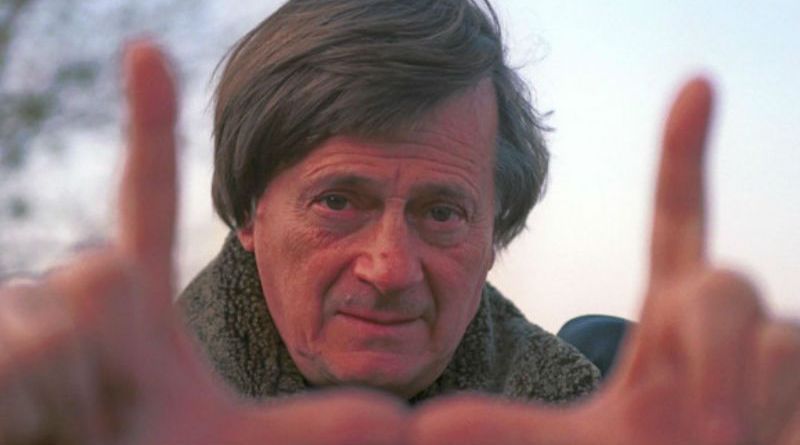
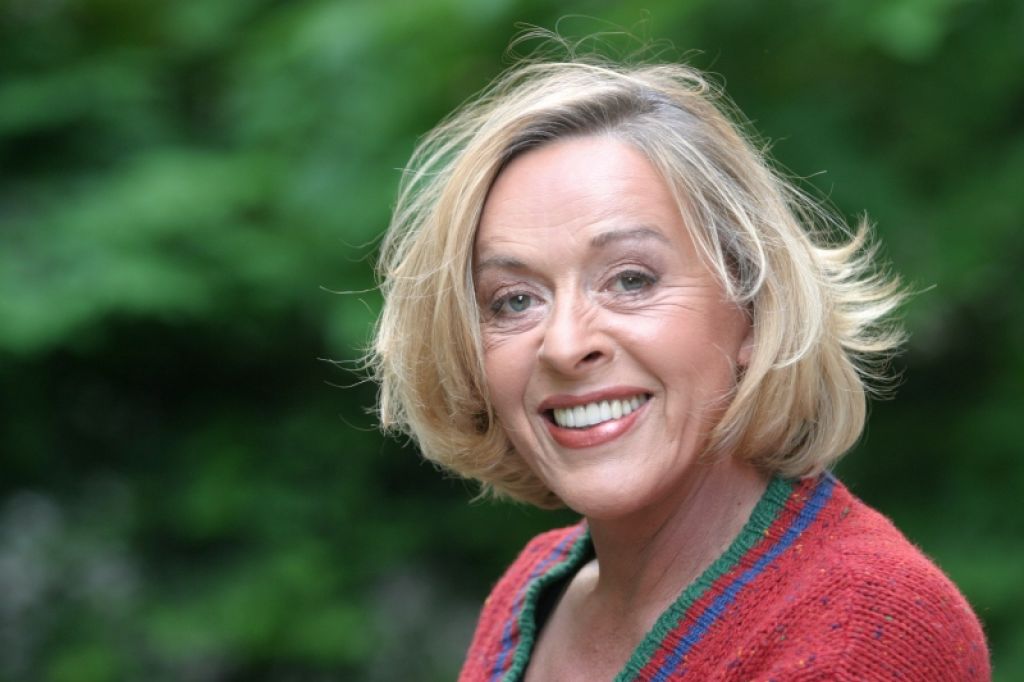
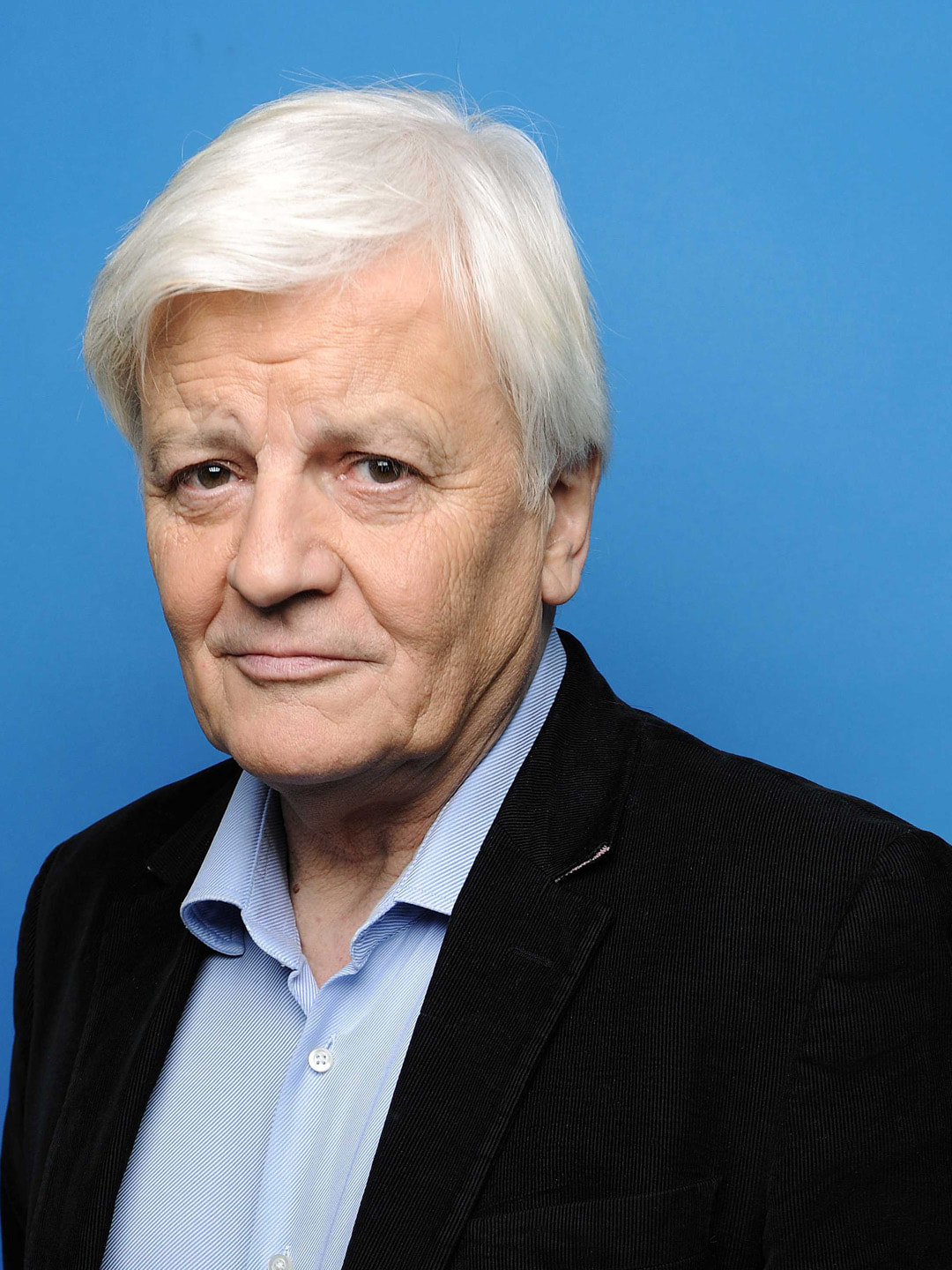
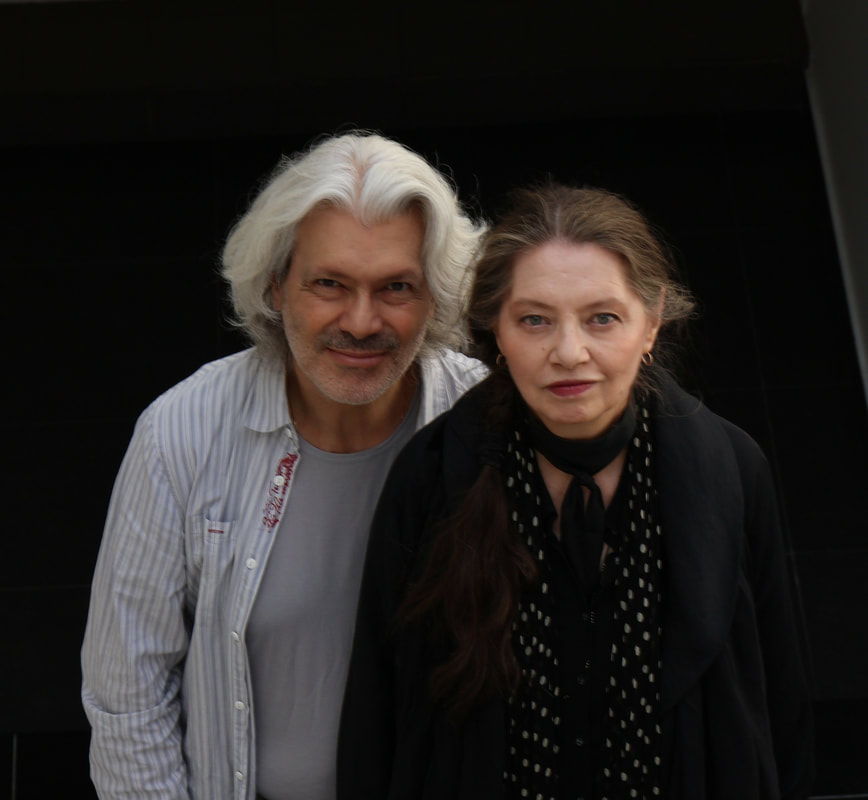
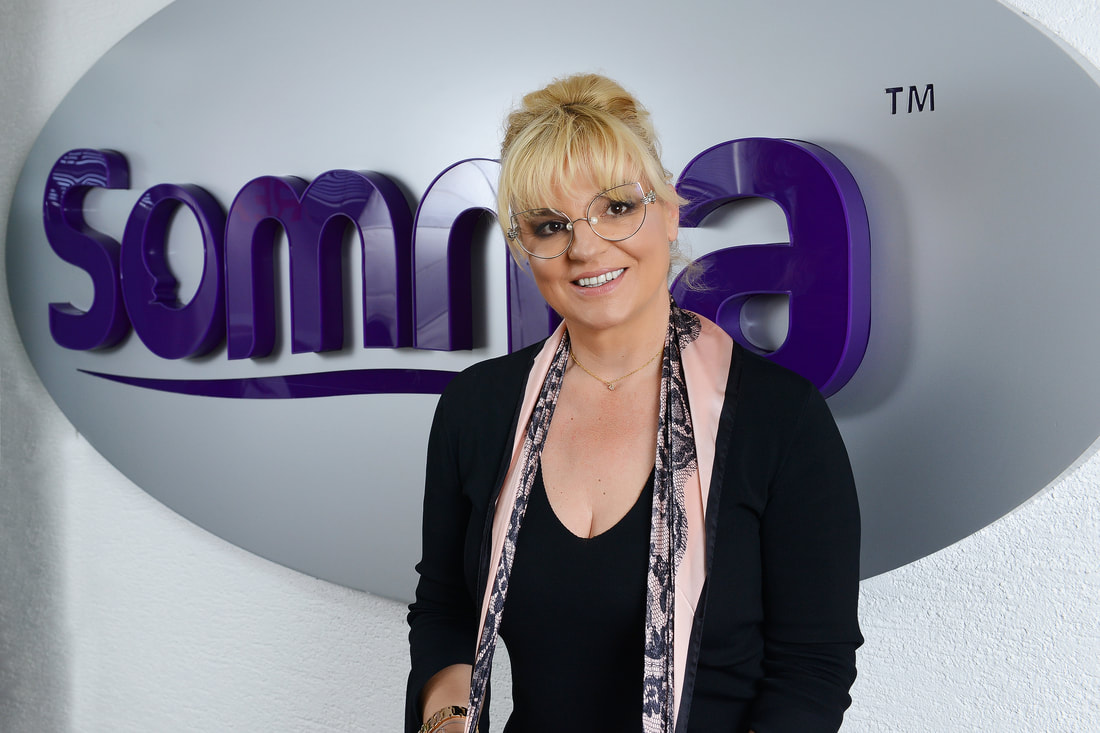
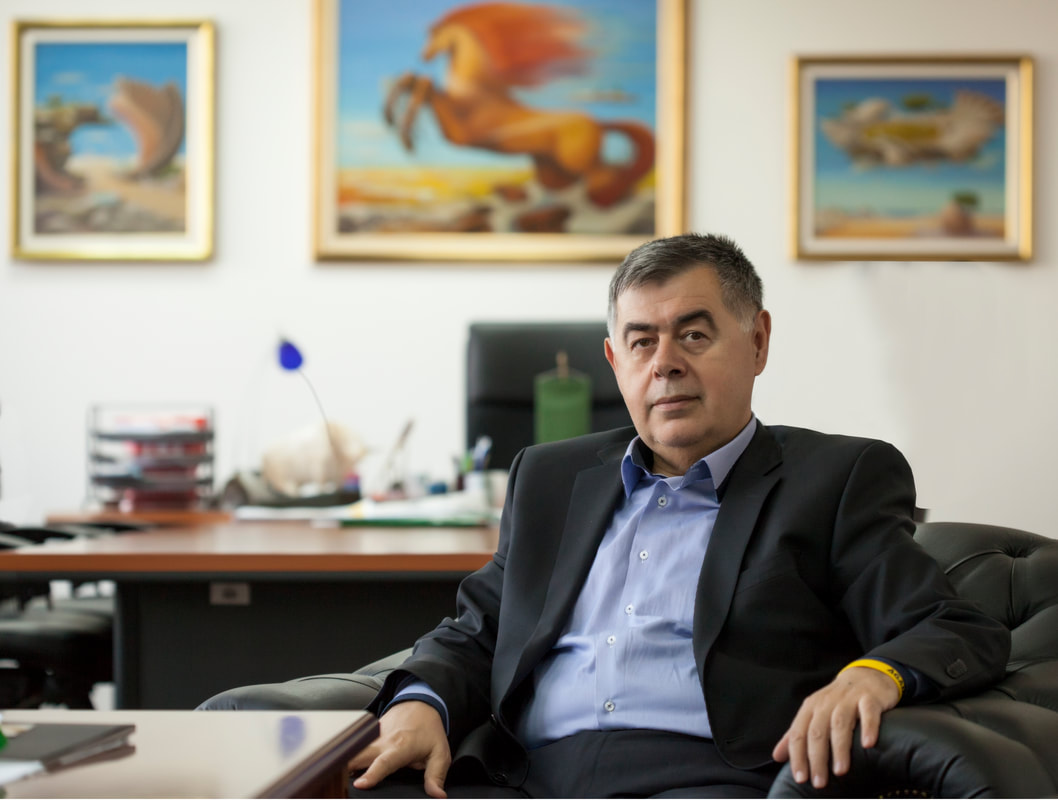
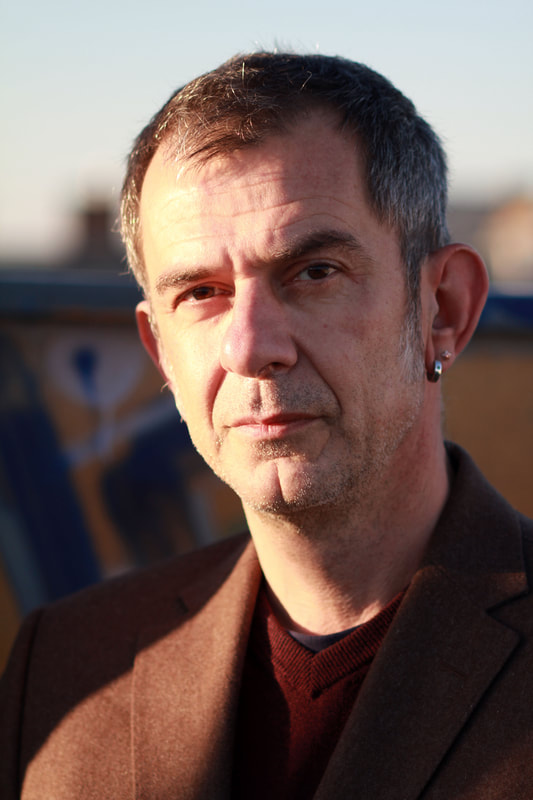
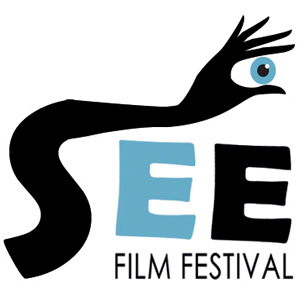
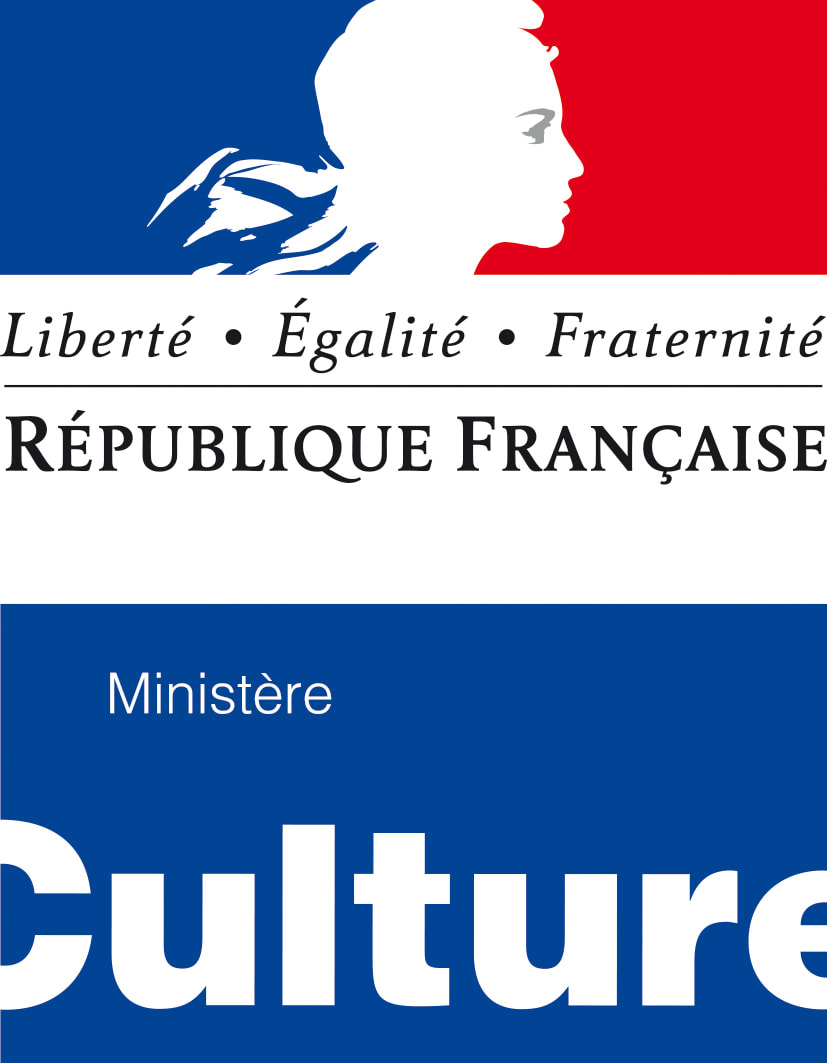
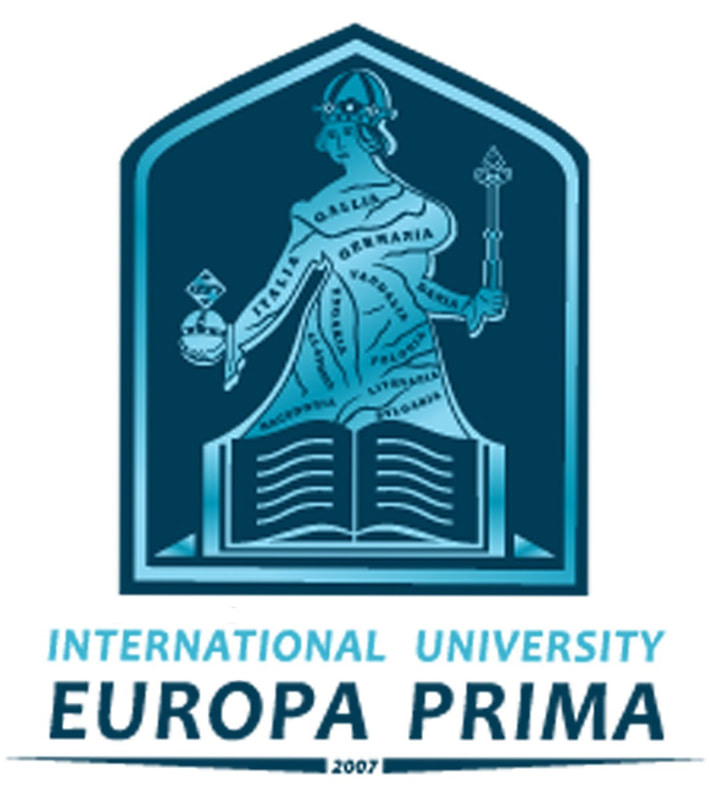
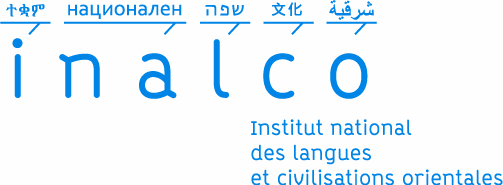





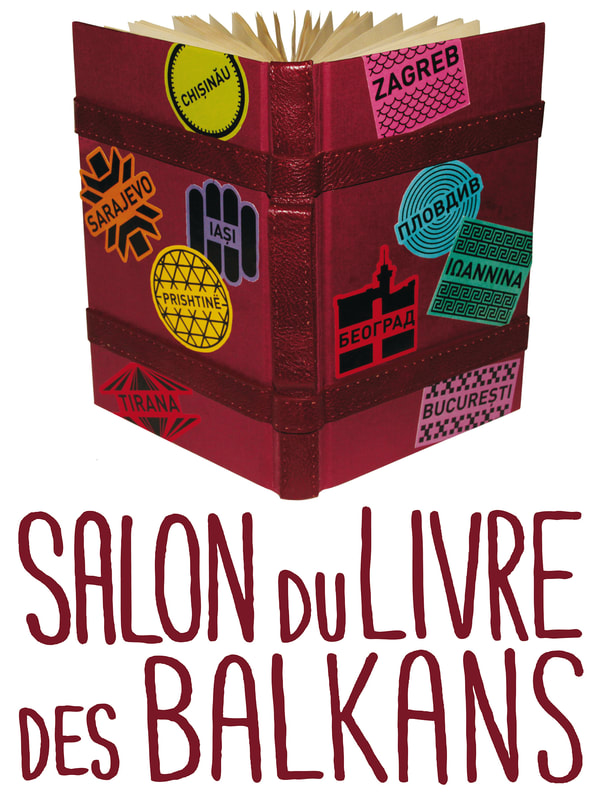

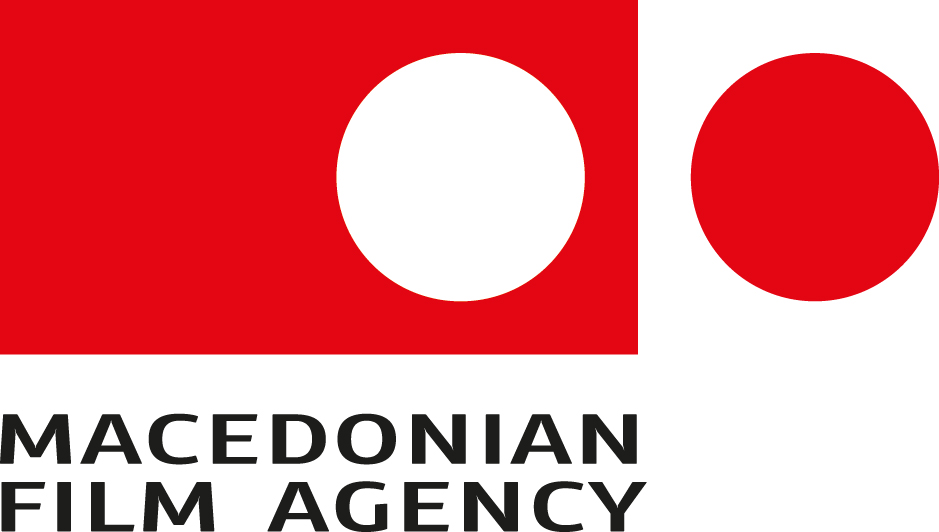
 RSS Feed
RSS Feed
